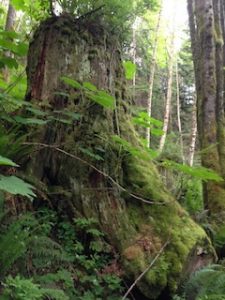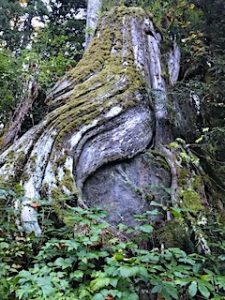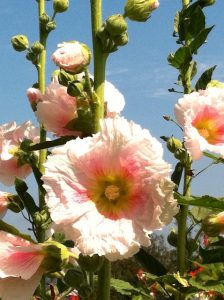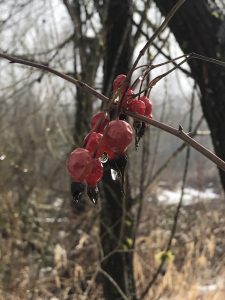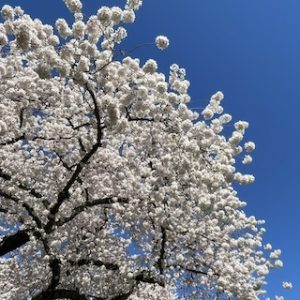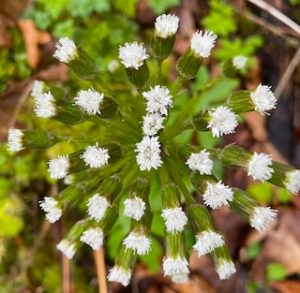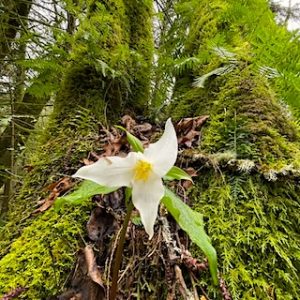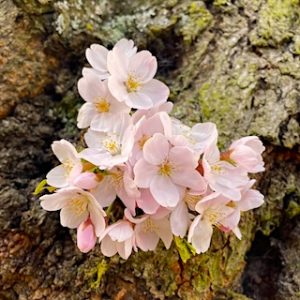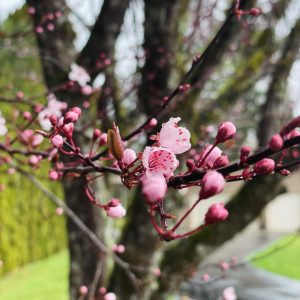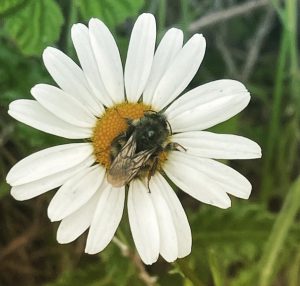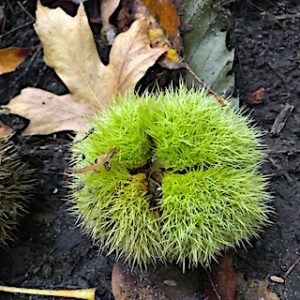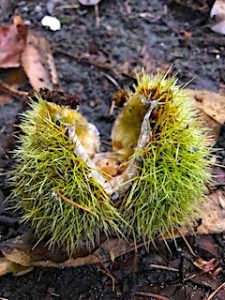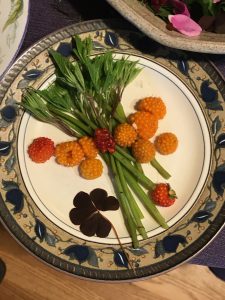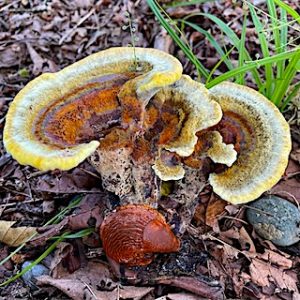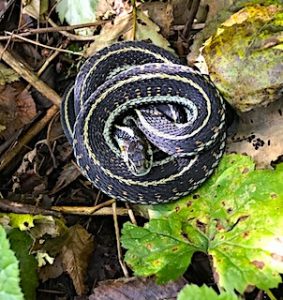 The Columbia City Yoga on-line Moving into Meditation class met this morning. We explored ways to cultivate empathy by practicing presence, recalling our intention and attuning to ourselves and others. Self attunement can help us to stay centered by having a sense of a “strong back,” a metaphor for being grounded. We ground ourselves while remaining flexible, adaptable, and open to change. We are willing to see the world as clearly as possible. In having a sense of “soft front”, we resolve to stay open to life.
The Columbia City Yoga on-line Moving into Meditation class met this morning. We explored ways to cultivate empathy by practicing presence, recalling our intention and attuning to ourselves and others. Self attunement can help us to stay centered by having a sense of a “strong back,” a metaphor for being grounded. We ground ourselves while remaining flexible, adaptable, and open to change. We are willing to see the world as clearly as possible. In having a sense of “soft front”, we resolve to stay open to life.
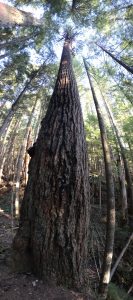 We continued to draw from Oren Jay Sofer’s book: Your Heart Was Made for This: Contemplative Practices for Meeting a World in Crisis with Courage, Integrity, and Love. Oren writes “mindfulness, curiosity, courage and wise attention all support empathy, opening our eyes to the lives of others. . . . Healing conversations . . . explode our assumptions about the limits of empathy and forgiveness and they reveal the radical potential of restorative practices to transform our justice system.”
We continued to draw from Oren Jay Sofer’s book: Your Heart Was Made for This: Contemplative Practices for Meeting a World in Crisis with Courage, Integrity, and Love. Oren writes “mindfulness, curiosity, courage and wise attention all support empathy, opening our eyes to the lives of others. . . . Healing conversations . . . explode our assumptions about the limits of empathy and forgiveness and they reveal the radical potential of restorative practices to transform our justice system.”
We heard from Brene Brown’s essay, Not Looking Away Thoughts on the Israel-Hamas War. Brene conducted interviews with members of three non-violent peace movements who are working to create the political will to end the occupation and create a way for Palestinians and Israelis to live together in dignity and equality. Brene’s site has resources for understanding the long standing conflict in the Middle East and non-violent movements working for peace and justice. I deeply appreciate her courage in facing this suffering, asking hard questions and being transparent about the limits of her understanding.
 She interviewed Rob Damelin and Ali Abut Awwad, representatives of Parent’s Circle Family Forum. PCFF is a joint Israeli-Palestinian organization of more than 600 families, all of whom have lost an immediate family member to the ongoing conflict. Their goal is to create sustained peace between the two nations by promoting reconciliation and nonviolence. Taghyeer, which means change, is working to build a national nonviolent movement of Palestinian people.
She interviewed Rob Damelin and Ali Abut Awwad, representatives of Parent’s Circle Family Forum. PCFF is a joint Israeli-Palestinian organization of more than 600 families, all of whom have lost an immediate family member to the ongoing conflict. Their goal is to create sustained peace between the two nations by promoting reconciliation and nonviolence. Taghyeer, which means change, is working to build a national nonviolent movement of Palestinian people.
She interviewed Rula Daood and Alon-Lee Green, representatives of Standing Together. Standing Together is a grassroots movement of Jewish and Palestinian citizens of Israel in pursuit of peace, equality, social and climate justice.
In exploring the depth of our caring for ourselves and each other we drew on the teachings of Roshi Joan Halifax. Her article, Discovery at the Edge of Empathy, and her book, Standing at the Edge: Finding Freedom Where Fear and Courage Meet, explore how we can work skillfully with deep empathy by tempering our emotions with mindfulness and compassion.
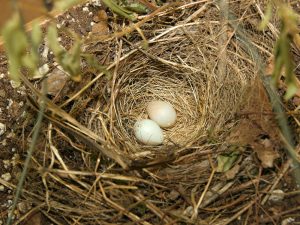 Doctor, teacher and writer Rachel Naomi Remen says that the purpose of every life is to grow in wisdom and to learn how to love better.
Doctor, teacher and writer Rachel Naomi Remen says that the purpose of every life is to grow in wisdom and to learn how to love better.
We heard Anne Hillman’s poem, We Look with Uncertainty. The poem, from her collection Awakening the Energies of Love: Discovering Fire for the Second Time. The poem is a “dare” to be human in our vulnerability and openness.
Continue reading →
 The Columbia City Yoga on-line Moving into Meditation class met this morning. On this Mother’s Day we can take joy in reflecting on all the ways we been nurtured and have nurtured others. We explored how mindfulness can enrich our lives with joy.
The Columbia City Yoga on-line Moving into Meditation class met this morning. On this Mother’s Day we can take joy in reflecting on all the ways we been nurtured and have nurtured others. We explored how mindfulness can enrich our lives with joy. We hard four haiku’s from Rosemerry Wahtola Trimmer. Rosemerry freely gifts her poetry at her Hundred Falling Veils web-site. Three simple lines express the joys that mindfulness makes accessible in every day live.
We hard four haiku’s from Rosemerry Wahtola Trimmer. Rosemerry freely gifts her poetry at her Hundred Falling Veils web-site. Three simple lines express the joys that mindfulness makes accessible in every day live.
